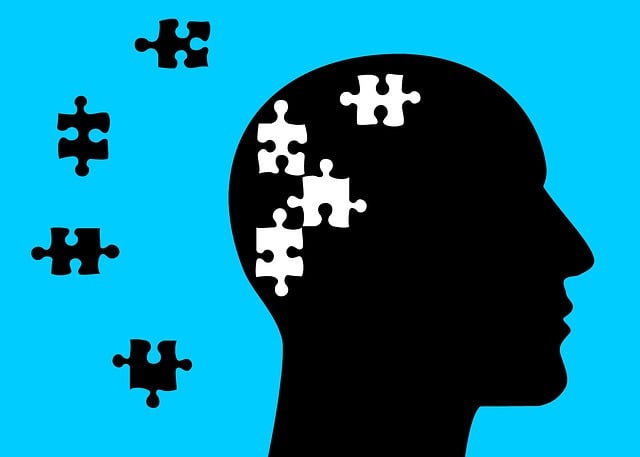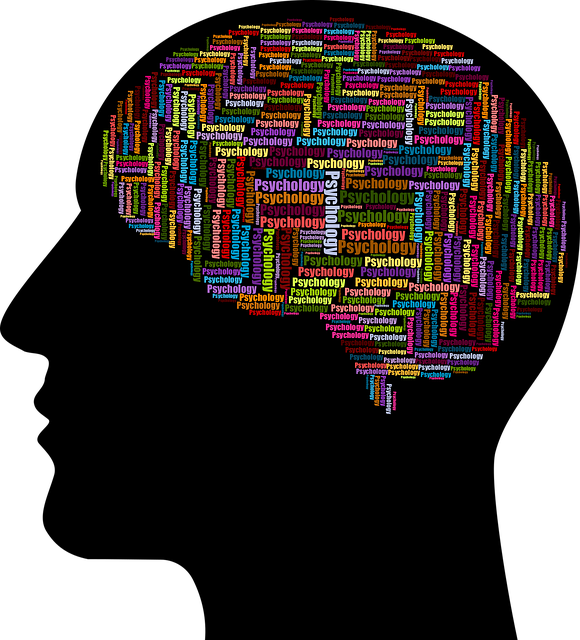Lakewood Blended Families Therapy emphasizes emotional intelligence (EQ) as a key to strengthening connections and understanding in diverse or blended households. They offer tailored programs combining individual, family, and group therapy sessions to enhance self-awareness, empathy, and communication skills. Through techniques like compassion cultivation, regular family check-ins, mindfulness exercises, and gratitude journaling, they help families navigate complex dynamics, reduce conflict, and foster open communication. This holistic approach promotes mental wellness, prevents issues like depression, and empowers blended families to thrive in today's diverse society.
Emotional intelligence (EQ) is a powerful tool for building stronger families, especially within the unique dynamic of blended households. This article explores the profound impact of EQ on fostering healthy relationships and navigating challenges commonly faced by Lakewood blended families therapy clients. We’ll delve into practical strategies to enhance emotional intelligence, offering insights for parents and caregivers seeking to strengthen their connections with children and partners. Additionally, we examine the therapeutic benefits of EQ-focused approaches in counseling.
- Understanding Emotional Intelligence and its Impact on Families
- Strategies for Enhancing Emotional Intelligence in Blended Households
- The Role of Therapy in Building Stronger Connections through EQ
Understanding Emotional Intelligence and its Impact on Families

Emotional intelligence (EQ) is a powerful tool that fosters understanding and strengthens connections within families, especially in diverse or blended households. In today’s world, where families are becoming increasingly multifaceted, recognizing and nurturing EQ can significantly impact overall well-being. Lakewood Blended Families Therapy emphasizes the importance of EQ as a foundation for healthy relationships.
By enhancing emotional intelligence, families can navigate complex dynamics more effectively. This involves recognizing and managing one’s emotions, as well as understanding and empathizing with others’ feelings. Such skills promote open communication, reduce conflict, and strengthen the bond between family members. In addition, cultivating mental health awareness through healthcare provider cultural competency training can further enrich these relationships, ensuring that each member feels valued and supported. This holistic approach not only prevents issues like depression but also empowers families to thrive in a diverse and ever-changing society.
Strategies for Enhancing Emotional Intelligence in Blended Households

In a Lakewood blended family therapy setting, enhancing emotional intelligence requires tailored strategies that accommodate diverse backgrounds and experiences. The Mental Wellness Podcast Series offers valuable insights for these households, focusing on practices like compassion cultivation. By fostering an environment where open communication is encouraged, parents and children can develop a deeper understanding of each other’s emotions and needs. Regular family check-ins, guided by professionals, help identify triggers and promote healthy responses, thereby strengthening emotional bonds within the family unit.
Additionally, incorporating inner strength development exercises into daily routines can significantly contribute to emotional intelligence growth. Activities such as mindfulness meditation, gratitude journaling, or simple breathing exercises teach individuals how to recognize and manage their emotions effectively. These practices not only benefit mental wellness but also create a peaceful atmosphere, enabling blended families to navigate challenges with greater resilience and empathy.
The Role of Therapy in Building Stronger Connections through EQ

Therapy plays a pivotal role in cultivating emotional intelligence and fostering stronger connections within blended families. Lakewood Blended Families Therapy offers specialized programs designed to enhance self-awareness, empathy, and effective communication—essential components of EQ. Through individual sessions, family therapy, or group support, members learn to navigate complex emotions, improve conflict resolution skills, and build resilience. This process not only strengthens relationships but also contributes to a healthier, happier household dynamic.
By addressing underlying issues, such as anxiety or past traumas, therapy provides a platform for individuals to boost their confidence and overall mental wellness. The techniques learned can extend beyond the therapy room, empowering family members to manage stress, reduce anxiety, and enhance their emotional resilience. These skills are particularly valuable in blended families, where adjusting to new roles and dynamics may present unique challenges. With dedicated support, families can navigate these transitions more smoothly, ultimately strengthening their bonds and creating a supportive environment for all members.
Emotional intelligence (EQ) is a powerful tool for fostering healthy and connected Lakewood blended families. By understanding its impact on family dynamics, implementing tailored strategies for blended households, and leveraging the support of therapy, parents can create an environment that nurtures emotional well-being and strengthens family bonds. Investing in EQ development empowers families to navigate challenges with empathy, improve communication, and build enduring relationships. Lakewood blended families therapy serves as a valuable resource, guiding families towards a brighter, more connected future.














